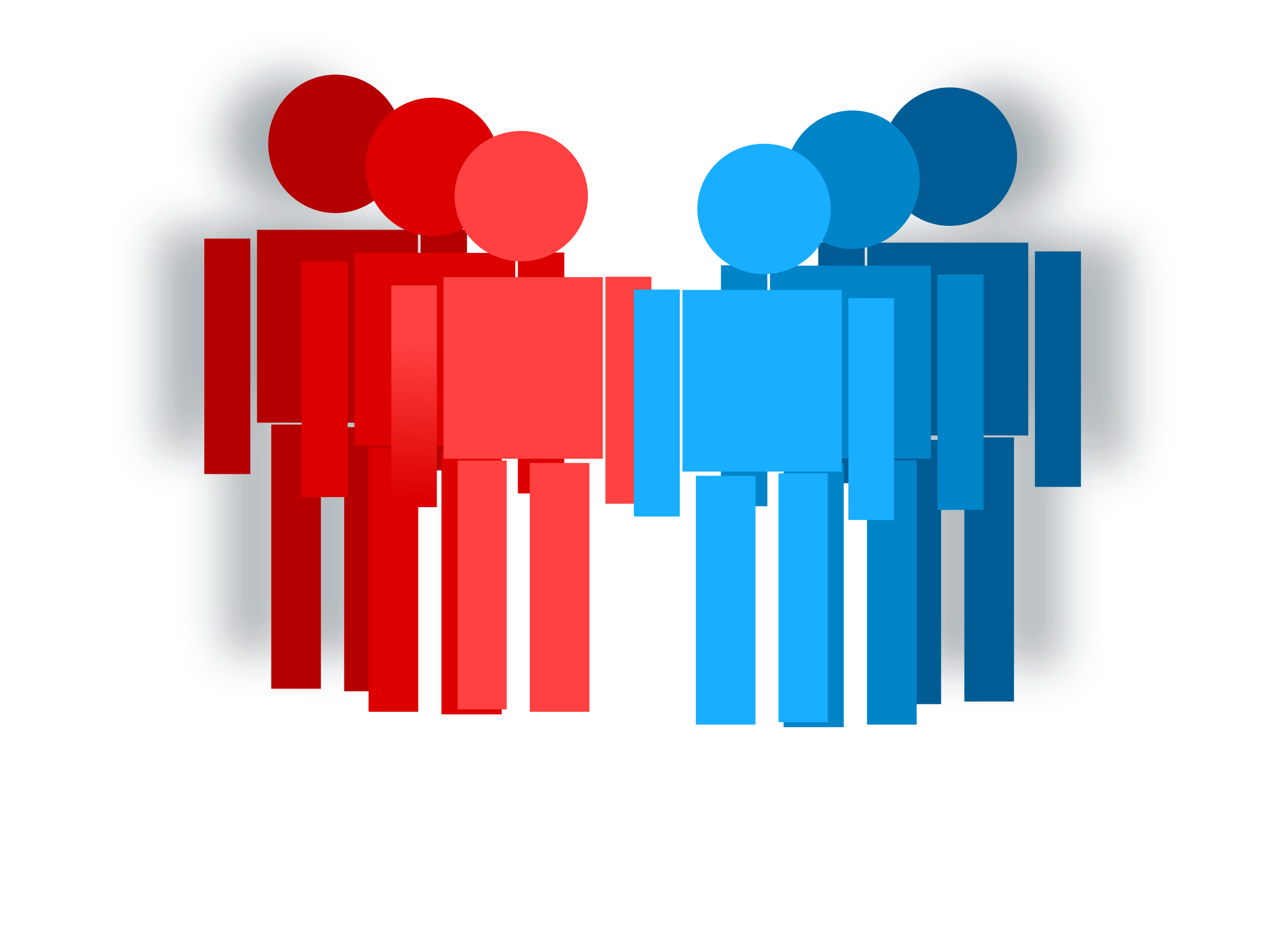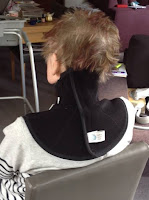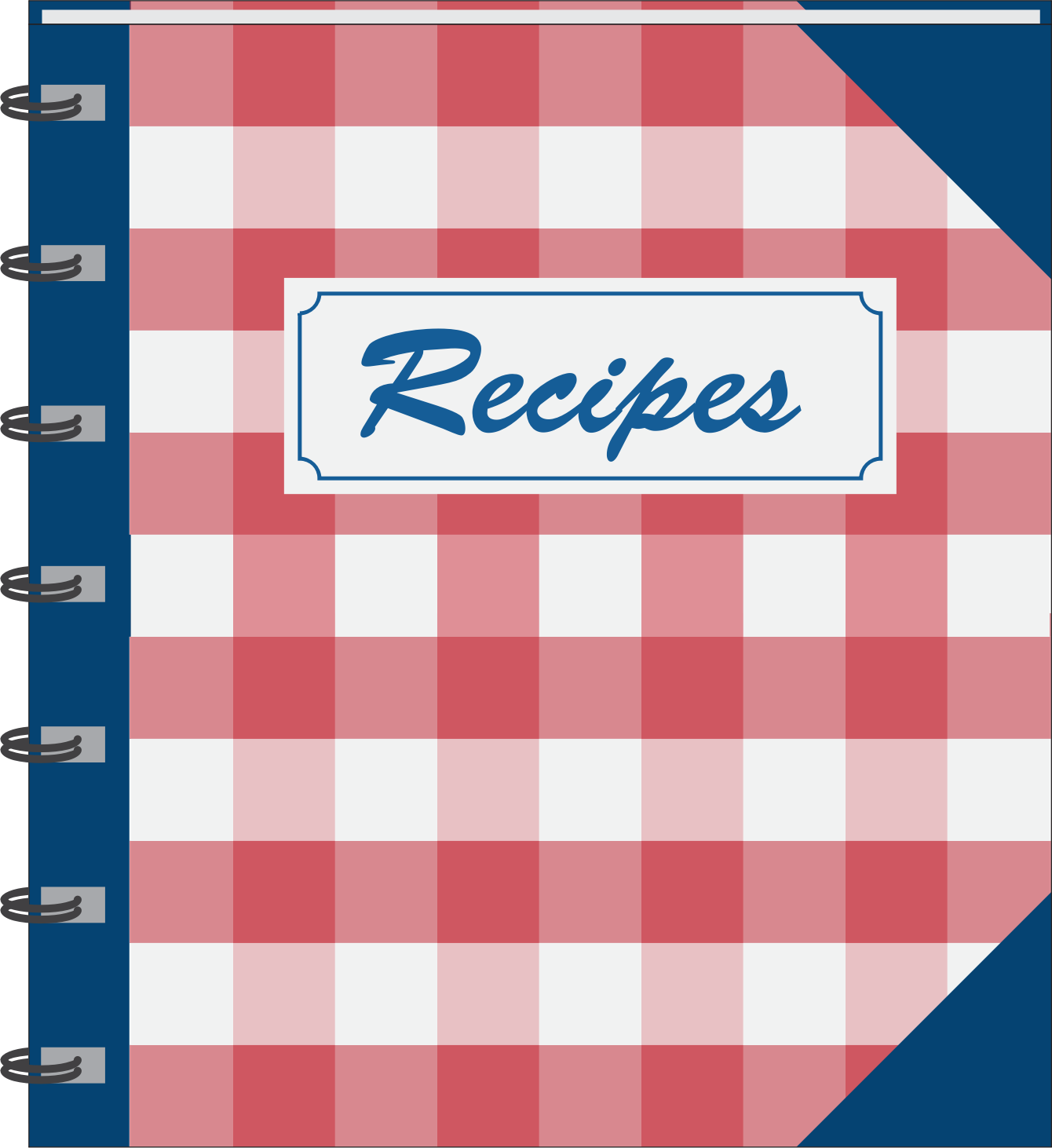Hi Everyone out there! It looks as if there are Blog-readers all over
the place if my dashboard is not lying.
PLEASE NOTE THAT DUE TO TECHNICAL DIFFICULTIES, THE BLOG IS NOW RE-SITED AT:
lizoggmnd.blogspot.co.uk
As always, if you are new to this, the Blog is like a diary and the
previous entries are listed below in reverse order. People have also been
saying that it’s difficult to leave a comment on the Blog itself. If you do
want to make a comment or suggestion, please email me on lizogg196@yahoo.com PLEASE NOTE THAT DUE TO TECHNICAL DIFFICULTIES, THE BLOG IS NOW RE-SITED AT:
lizoggmnd.blogspot.co.uk
Or leave a comment on the Facebook MND Together page if you are a member of the group.
Anyway down to business!
MND Together on Facebook
– Let’s make a difference!
First of all, thank you to those people who have joined us on this
closed group on Facebook. Membership stands currently at a healthy 60! Most are
from Scotland or England, but with a few members also from New Zealand, Australia, Canada,
Ireland and even Albania. Thank you to the MND associations of New Zealand and
Ireland for posting on their pages.
There is a good balance in the group of MND sufferers and family members
and all types and stages of MND / ALS are represented.
After Alan gave a short presentation at the Glasgow MND Forum, a number of people
came on board from the West of Scotland. Thanks goes also to Lesley Brown who has
drafted in a number of new members from the East of the country.
All in all, it’s a wonderful group of inspirational and courageous people, with incredible stories to share and
hopefully, as a group, we’ll go from strength to strength.
How can you join us?
You need to be on Facebook. When on your page, just search for ‘MND
Together' in the box at the top and place a friend request. We’ll do the rest.
If you can’t find us, search for Alan P Hathaway (The Boy has an orange photo currently) and
do the same thing. Alan will then admit you.
What’s it all about?
It’s all about bringing people – MND sufferers, families
and carers – together to care and share. People seem to like the idea
that they can talk openly in the forum and say things that they would never say
in person. Talking out loud to strangers in the same position is impersonal to start
with, but soon becomes personal and very supportive. We are altogether in this.
At first, each member is asked to introduce themselves on the page, when they feel ready.
Many of the postings are inspirational and courageous. It’s a privilege to read
them.
Very soon, people have started to compare symptoms and use of equipment
etc and shared solutions and ideas, with lots of personalised messages of
understanding and support coming through.
I’m also trying to set up a “theme a week” approach,
looking at key areas of MND, to encourage people to get involved.
How involved do I need to be?
Once you have posted your introduction, so we know who you are, it’s up
to you how involved you get. Taking part in postings can be interesting and
informative as well as supportive and comforting. And it’s not all serious stuff,
there’s also humour!
Importantly, we’re encouraging all members to download the Facebook Messenger app. This has two
purposes. Firstly, it allows members to have private contacts with others
through the page, without posting. Secondly, it allows the administrator to get
in touch, if there’s a problem.
We’re not sure what direction MND Together will take, but our motto is “Let’s make a difference” and if we achieve that
in any way at all, then it’s worthwhile!
Things to make life easier and better
Access issues

As my mobility gets poorer, we’ve been looking at either a ramp or a wheelchair lift to get me up and down at the front door. I’m missing getting out into the garden just now – if indeed Spring is here - with all the daffodils, tulips and fritillaria now in full bloom. The Boy is astonished that all these bulbs planted during a snow shower in late November, have actually come up. Any advice re ramps is very welcome. A friend has now installed a ramp at the back door, with a quirky artificial grass surface! Looks different - I'll let you know how it goes!
(Very!) basic communication
We’ve also invested in a cheap walkie-talkie set, so that I can summon my
other half in the morning. He’s in denial about his hearing, but really,
hammering on the headboard was no longer working as my sore knuckles will
testify!! It’s also handy for keeping in touch with him
when he’s in gardening mode - which, to be blunt, is rare!
I’ve also bought a new lightweight table , from a
certain well known online retailer , which slips under my chair and can be angled and height adjusted. It’s proving very good
for reading the paper or using my ipad. It won't take anything heavy, but does
what it says on the tin and for under £10, it's pretty good!
Pillow support
Regular readers will remember the tale of the electric inflatable pillow
raiser with the flatulence sound effects. Well, we have now invested in an
unpowered one which alters levels a bit like a deck-chair. It’s helping me to
maintain an appropriately upright position for sleep and therefore assists with
the saliva problem during the night. The ametrypilene might be helping too!
I said in one of my early blogs that I was having problems with my neck. So far I've had to use something called the Headmaster collar which does support my head but at a price. Years ago, Billy Connolly talked about a gamekeeper who had a groove at the back of his leg worn out by his devoted dog who followed him everywhere. Well I feel as if I have a similar groove under my chin thanks to the rather unforgiving and rigid chin support of the collar! It's the only faintly adjustable collar on the market, and even when fitted it presses on your chest as well, as many of you will know!
The big news, however, is that I’ve been lucky to be part of a new MND
collar research trial. My daughter, Nicola, found out through the Internet that
Sheffield University was trialling this new support collar, called a Snood. We made contact with the
University and informed MND health officials in Scotland of the research possibilities and
after several months, ten people were selected to trial it in Scotland, five in
the west and five in the east. I feel lucky to be one of them.
It is nothing like the Headmaster collar, which many of us will know and
rely on. It is more of a wrap-around collar, which supports the whole head back
and front and rests on the shoulders, thereby giving support in a more
all-round way. See drawing above. Velcro fastens at the back to hold it in place.
The interesting feature is that it comes with a kit of support struts
which can be velcroed on to the basic collar to offer support where you, as an
individual, need it, eg under the chin, the jaw line etc. It’s comfortable to
wear and I do feel that my head is well supported. I’ve been trialling it for a
few weeks now and I find it really helps when I’m watching TV or going on a
longer car journey. The one disadvantage is that I can’t put it on myself,
although I can remove it. Putting it on demands a bit of skill but The Boy is
now able to do so quickly and without garrotting me!
The Snood is now being trialled in eleven centres across the UK. The
University has asked us to direct all enquiries to Devices for Dignity who are
managing the project. Their email is enquiries@devicesfordignity.org.uk
You can also look at the snood via their Twitter account @HeadUp_Bruno
where you can see the MDNA mascot , Bruno the Meerkat modelling a custom made
collar! Please take a look.
Here's two photos of me with the collar on too!
Any interesting recipes out there that will work for those of us with a problem in this area? Let me know and we can share.
Keep reading and keep wellLiz





















